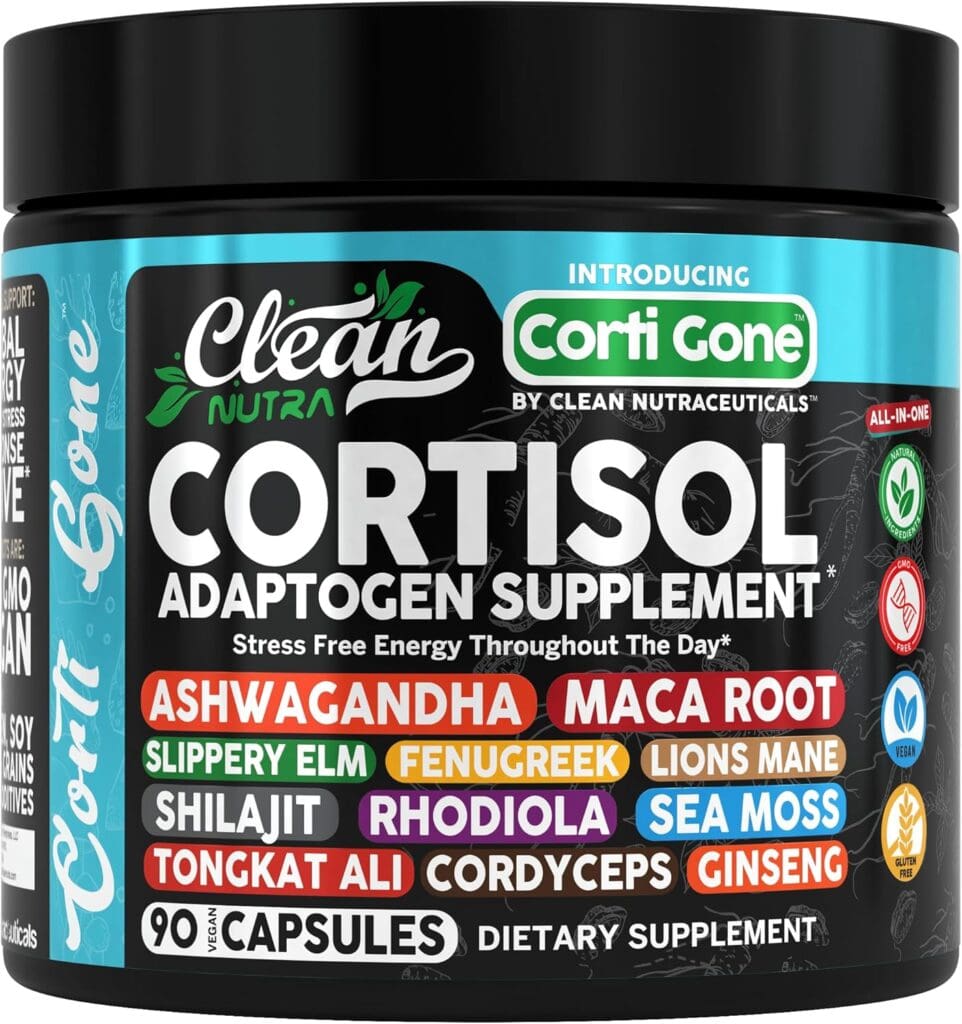
High Cortisol Levels Affect Melasma
Stress can increase cortisol levels, potentially triggering melasma and affecting skin pigmentation in many individuals.
Many people view melasma merely as a cosmetic issue—just another stubborn skin discoloration to cover with makeup or treat with a cream. However, for countless individuals, the brown or grayish patches on their faces can be deeply frustrating and emotionally draining.
If you’ve tried the usual treatments—like zinc oxide, hydroquinone, vitamin C, and retinoids—and still can’t eliminate your melasma, you’re not alone.
Additionally, one often-overlooked factor could be playing a significant role in your skin struggles: stress, specifically the hormone cortisol.
In this post, we’ll explore how elevated cortisol levels may trigger melasma and what natural methods you can use to restore balance to your skin and body.
What Is Melasma, Really?
Melasma is a common form of hyperpigmentation characterized by dark, blotchy patches that often appear on the cheeks, forehead, upper lip, and chin. Notably, it predominantly affects women, especially during pregnancy, while using hormonal birth control, or during times of hormonal fluctuations.
Common triggers include:
- Sun exposure
- Hormonal changes
- Certain medications
- Genetics
- Heat and light (even from computer screens)
However, many skin practitioners and dermatologists are discovering that chronic stress and cortisol imbalances significantly contribute to melasma.
Cortisol: Your Body’s Stress Hormone
Cortisol serves as your body’s primary stress hormone, released by the adrenal glands in response to physical or emotional stress. In healthy amounts, cortisol helps:
- Regulate blood sugar
- Support energy levels
- Manage inflammation
- Maintain a regular sleep-wake cycle
But when stress becomes chronic, elevated cortisol levels can create various problems, especially for your skin.
How High Cortisol Triggers Melasma
When you constantly live in “fight-or-flight” mode, your skin suffers too. Here’s how elevated cortisol can lead to or worsen melasma:
Hormonal Imbalance:
Stress disrupts the delicate balance between estrogen and progesterone—two hormones closely linked to melasma. Consequently, this imbalance can stimulate melanin production and increase pigmentation.
Increased Inflammation:
Chronic stress raises inflammation throughout your body. Inflammatory processes can activate pigment-producing cells (melanocytes), especially when combined with sun exposure.
Weakening of the Skin Barrier:
High cortisol can break down collagen and impair the skin barrier, making your skin more sensitive to UV rays, heat, and pollution—all known triggers for melasma.
Melanin Overproduction:
Stress can activate a brain-skin pathway that increases alpha-MSH (melanocyte-stimulating hormone), signaling your skin to produce more pigment.
Signs That Stress Might Be Behind Your Melasma
You might suspect cortisol is a factor if you notice the following signs:
- Your melasma worsens during or after high-stress periods.
- You’ve tried topical treatments with little success.
- Your skin feels more sensitive than usual.
- You also experience fatigue, anxiety, sleep problems, or hormonal irregularities.
Natural Ways to Lower Cortisol and Support Clearer Skin
If you believe cortisol contributes to your melasma, don’t worry—numerous holistic methods can support your body and skin.
Focus on Stress Relief. Your skin reflects your overall well-being. Dedicate just 10 to 20 minutes a day to practices such as:
- Breathwork or meditation
- Journaling
- Nature walks
- Gentle movements like yoga or tai chi
Eating to balance hormones and blood sugar is important. Stabilizing your blood sugar helps regulate cortisol levels. Focus on this approach:
- Including protein in every meal
- Consuming healthy fats (avocados, nuts, olive oil)
- Eating fiber-rich foods (vegetables, legumes, seeds)
- Reducing sugar, caffeine, and processed foods
Utilize Adaptogenic Herbs for Adrenal Support: Adaptogens can enhance your body’s ability to effectively respond to stress. Some popular options include:
- Ashwagandha
- Rhodiola
- Holy basil (tulsi)
- Licorice root
It’s important to talk to a healthcare professional before starting any new supplements. To help you sleep better, remember that bad sleep can raise stress levels. You can promote better sleep by:
- Turning off screens at least 1 hour before bed
- Keeping a consistent bedtime
- Avoiding heavy meals or stimulants at night
- Using magnesium or drinking herbal teas like chamomile
Protect your skin from external factors: while managing stress, it’s crucial to safeguard your skin from UV rays and environmental triggers.
- Apply a mineral-based SPF every day; even indoors
- Use calming, antioxidant-rich skincare products like vitamin C, niacinamide, and green tea
- Steer clear of harsh exfoliants or aggressive treatments during flare-ups
Healing Melasma from the Inside Out
True skin healing doesn’t occur in isolation—it happens when your whole system is balanced. If you’ve struggled with melasma and feel like you’ve tried everything, it may be time to closely examine your stress levels and cortisol.
Therefore, by supporting your nervous system, nourishing your body, and keeping your stress in check, you can promote clearer skin and overall well-being.



